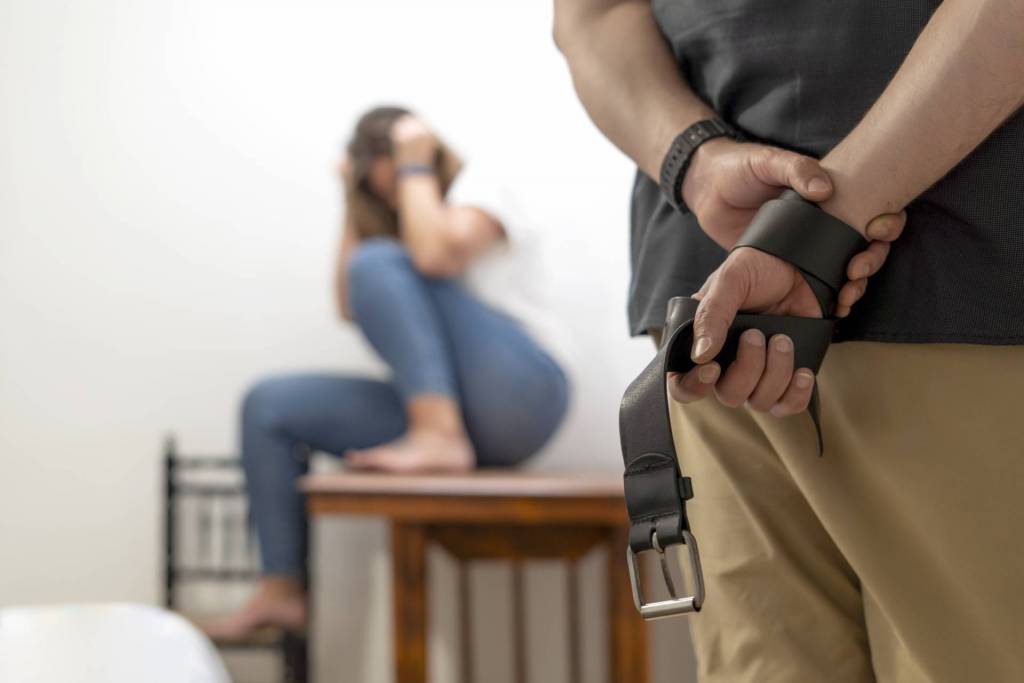If you are accused of domestic violence, you may have to handle both a criminal and civil case at the same time. This is because victims can take legal action against domestic violence offenders in civil court.
Facing domestic violence charges is an overwhelming experience. If you are accused of this crime, contact a criminal defense lawyer to discuss your options right away.
Can You Be Tried In Civil Court And Criminal Court For Domestic Violence?
You may need to resolve both a criminal and civil court case if you are accused of domestic violence. But first, you need to understand how these two cases differ.
The purpose of a criminal case is to determine whether or not the defendant committed the crime, and if so, what penalties should be imposed on the defendant. The outcome of your criminal case will have a huge impact on your future. For example, if you are found guilty in criminal court, the judge may order you to pay substantial fines and sentence you to time behind bars. This conviction will also remain on your record, which can affect your employment and education opportunities in the future.
The purpose of a civil case is to determine whether the defendant is liable for inflicting harm on the plaintiff. If the court finds that the defendant is liable, the defendant will be ordered to compensate the victim for the harm they have suffered. Your innocence or guilt is not determined in civil court.
It’s important to note that you can be sued in civil court even if you are found not guilty in criminal court. A not guilty verdict does not take away the victim’s right to seek compensation from you in civil court.
Can You Sue A Spouse For Domestic Violence?
Many domestic violence victims are married to the person they are accusing of domestic violence. If you are married to the person who has accused you, it’s important to understand whether or not they have the right to sue you.
Each state has its own rules regarding a spouse’s right to sue their spouse. Some states have adopted the “interspousal immunity doctrine,” which states that spouses cannot file lawsuits against one another. However, Florida does not have this type of legal immunity. As a result, spouses can take legal action against one another in domestic violence and other types of cases.
What Happens In A Civil Domestic Violence Case?
Victims who file civil lawsuits are seeking compensation from the party accused of domestic violence. These victims may be awarded compensation to cover their:
- Medical expenses
- Lost wages
- Pain and suffering
Compensation is only awarded for medical expenses, lost wages, and pain and suffering related to the alleged acts of domestic violence.
These cases are often settled outside of the courtroom, however, there is a chance that your case will go to court. Either way, it’s important to seek legal representation to ensure you can reach the best possible outcome.
Talk to Your Lawyers if You Have More Questions
Don’t face domestic violence accusations in criminal or civil court without the help of an attorney. Seek legal representation from a domestic violence attorney as soon as possible to discuss your legal options.






